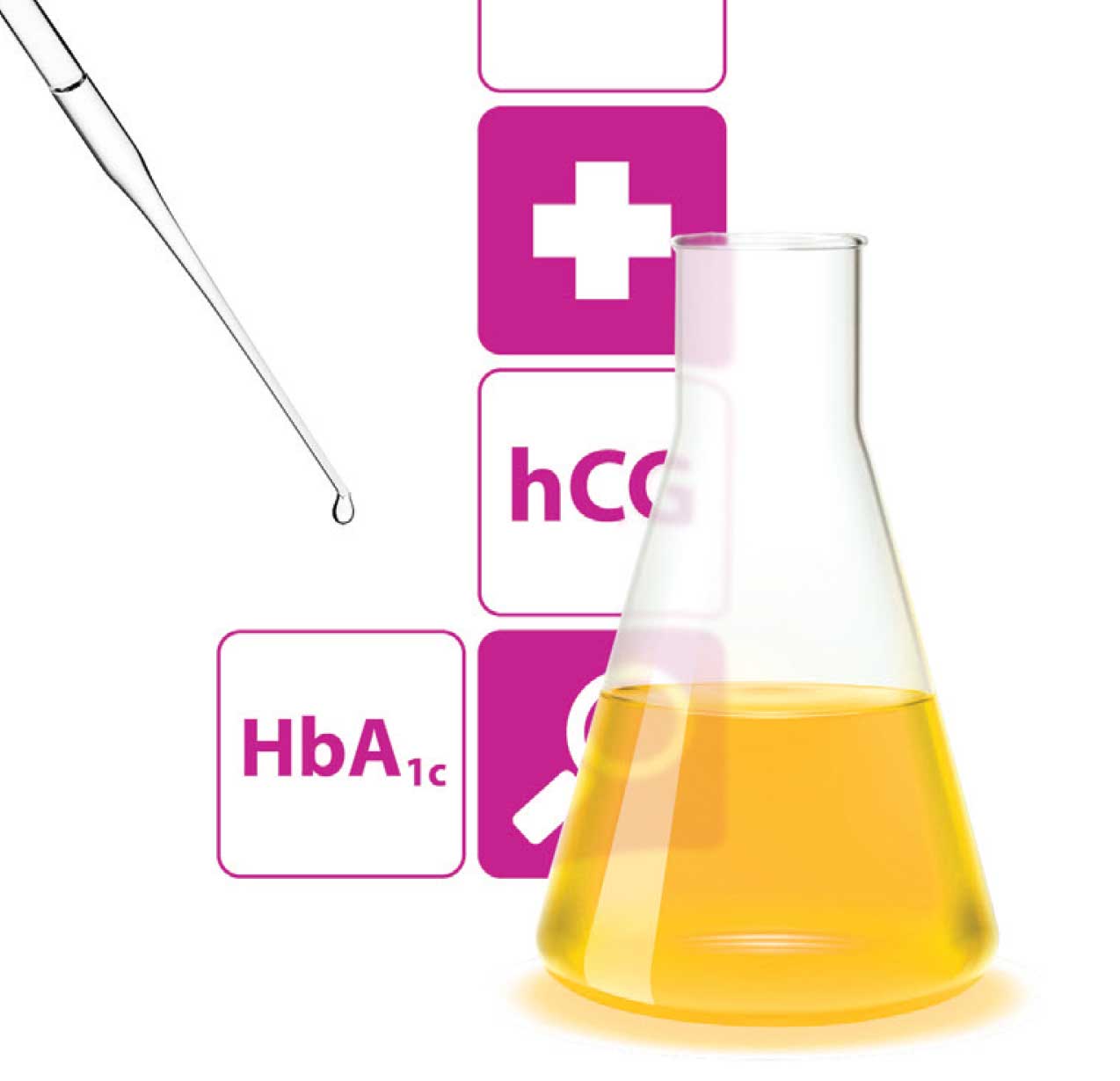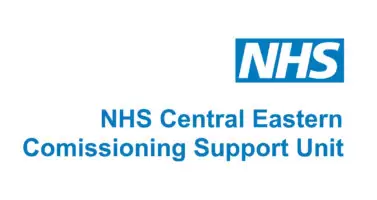Challenge
Partnership Pathology Services (PPS) is a joint clinical directorate of the Royal Surrey County Hospital NHS Trust and Frimley Park Hospital NHS Foundation Trust. PPS provides a comprehensive pathology service to in-patients and out-patients on both sites, to General Practitioners within three Primary Care Trusts, to Community Hospitals and to the private sector.
The point-of-care testing pathology service at Frimley Park and Royal Surrey County Hospitals is a state-of-the-art operation, catering for a growing volume of pathology testing for the two trusts. The point-of-care testing team is made up of biomedical scientists and medical technical officers, offering opportunities for a new skill mix within the NHS. The team has responsibility for point-of-care testing devices, offering a complete, quality managed service which depends on the formation of close working relationships with ward staff and clinicians.
For maximum productivity, accuracy and reliability, the systems used for recording and reporting test results must be easily yet securely accessible by the different members of staff who need them, without the need for technical literacy.
Among its services, PPS provides an External Quality Assessment Scheme, known as Q Point, to leading international manufacturers of blood glucose meters. This scheme contributes to the Quality Assurance of critical blood glucose monitoring results, which are essential to the management of diabetes.
Thousands of healthcare professionals and individuals submit monthly glucose results to the scheme, where they are analysed for statistical variance. Each individual participant in the scheme is sent a personalised report in the post, advising on the performance of their respective glucose meters.
A small sachet is attached to the report, containing a non-biological test sample, ready for the next reading to be taken.
Originally, Frimley Park Hospital used a basic database to track participants’ personal information and results. However, this proved very limited in its functionality. Adding to the resulting frustration, the existing developer was unable to maintain the database and code as the application became large and more complex. Many required functions were not supported by the software, so had to be performed manually, consuming substantial time and effort.
The PPS team decided it needed to upgrade its existing set-up to a more advanced, multi-user database application, which could provide a wealth of new functions. Ideally, this would incorporate a new secure web portal, allowing participants to enter meter readings online, whilst also providing an area where the manufacturers would be able to gain access to reports and manage participant information easily.
Selection
In its quest to find a suitable replacement supplier, the Q Point scheme organisers came across One Beyond, which specialises in developing database-driven applications.
Consultants at One Beyond quickly grasped the concepts and, having audited the existing software, and carefully analysed all the new requirements of Q Point, provided a proposal to address PPS’s needs.
One Beyond provides an exemplary service, responding intelligently to difficult concepts to provide the best IT solutions. We have a great working relationship with One Beyond. They respond quickly and efficiently to our requests, and they are building a good understanding of the workings of the NHS.
Solution

One Beyond developed a database using a complex scoring algorithm to measure the reliability of blood glucose testing by comparing results across thousands of members and analysing this data across different datasets over time. Due to regulatory and logistical issues within the hospital, a traditional client-server solution was not a viable option. A solution built using the latest web technologies was deemed far more suitable, allowing for sophisticated and very secure remote access.
The resulting One Beyond solution – a Microsoft SQL Server database hosted on a remote server – holds all application data. It is accessed via secure web services by known client machines over the internet for added security.
The website also connects to the central database in a similar way. Due to the sensitive nature of the data stored, many advanced techniques have been implemented to prevent uninvited users from penetrating the system.
Once users have entered their readings, complex mathematical calculations are performed across the set of data to obtain mean and standard deviation data, followed by a sophisticated set of rules to determine the score of each meter. Quality is assessed by analysing the current and previously submitted results from each participant.
Any problems are flagged to the user as soon as performance criteria are breached. Reports are printed and sent out in the post, with the potential for users to receive SMS and email alerts. Users can then log into the web portal to access reports and submit new readings.
The application also features many useful functions that automate the day-to-day administration associated with running the Q Point scheme, including processing of participant data, billing, reporting, printing and maintenance.
Outcome
Q Point is expanding all the time. With several thousand users already, the system is now scalable and capable of serving potentially millions of participants across the world.
Says Lynda Petley, manager of the point-of-care testing team at Partnership Pathology Services: “We have had several software updates written now, and the service we provide to our customers is gaining reputation in the marketplace by word of mouth, to the point that our customer base now tops 5,000.”









